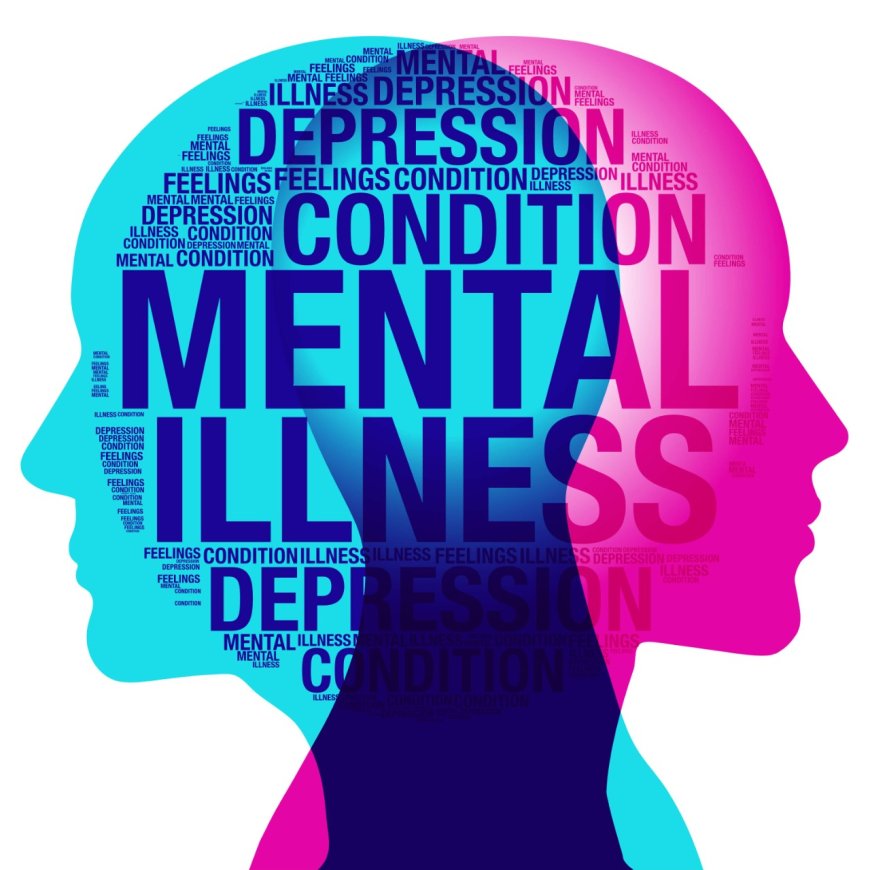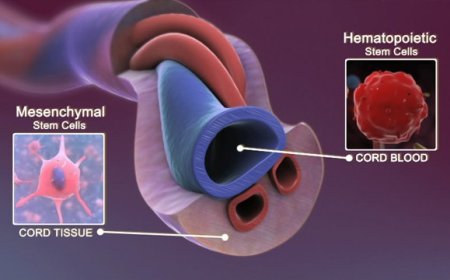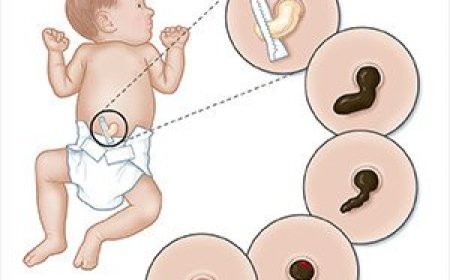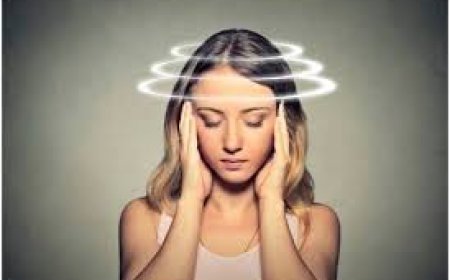Mental Health Disorders

Introduction:
In India, just like in any other country, it's essential to take care of our physical health as well as our mental health. Mental health disorders are conditions that can affect the way we think, feel, and behave. They are common and can impact people of all ages. It's crucial to recognize the signs, understand the causes, and know how to seek help if needed to maintain a healthy mind and well-being.
Signs and Symptoms:
Mental health disorders can manifest in various ways, but some common signs to look out for include:
- Feeling sad or anxious most of the time
- Difficulty sleeping or sleeping too much
- Lack of interest in things you used to enjoy
- Trouble concentrating or making decisions
- Changes in eating habits
- Feeling hopeless or helpless
- Avoiding social situations or isolating oneself
What Is "Mental Health Disorders"?
Mental health disorders are conditions that affect how we think, feel, and behave. These disorders can impact our emotions, thoughts, and behaviors in different ways and may require professional help to manage.
How Is "Mental Health Disorders" Classified?
Mental health disorders are classified into different categories based on the specific symptoms and experiences a person has. Some common categories include:
-
Mood Disorders: These include conditions like depression and bipolar disorder, which can affect a person's mood and emotions.
-
Anxiety Disorders: Anxiety disorders, such as generalized anxiety disorder and phobias, are characterized by excessive worry or fear.
-
Behavioral Disorders: Behavioral disorders, like attention-deficit hyperactivity disorder (ADHD), can affect a person's ability to focus and control their actions.
Causes and Triggers:
Mental health disorders can have various causes, and they often result from a combination of factors, such as:
-
Genetics: Sometimes, mental health disorders can run in families, suggesting a genetic influence.
-
Brain Chemistry: Imbalances in certain brain chemicals can contribute to the development of mental health disorders.
-
Life Experiences: Traumatic events, stress, and significant life changes can trigger or exacerbate mental health disorders.
Risk Factors with Examples:
Certain factors may increase the risk of developing mental health disorders:
-
Family History: If someone in your family has a mental health disorder, you may have a higher risk of developing one too.
-
Traumatic Events: Going through traumatic experiences, like the loss of a loved one or a natural disaster, can impact mental health.
-
Chronic Stress: Long-term stress from various sources can affect mental well-being.
Types of "Mental Health Disorders" with Detailing:
-
Depression: A mood disorder characterized by persistent sadness and a loss of interest in activities.
-
Anxiety Disorders: Conditions like generalized anxiety disorder, social anxiety, and panic disorder, which involve excessive worry and fear.
-
Attention-Deficit Hyperactivity Disorder (ADHD): A behavioral disorder that affects a person's ability to focus and control impulses.
Diagnostic Tests and Treatments:
Diagnosing mental health disorders involves a comprehensive evaluation by a mental health professional. The doctor will talk to the person, their family, and may conduct psychological tests to understand the symptoms and experiences.
Treatment for mental health disorders can include:
-
Therapy: Talking to a psychologist or counselor can help manage emotions and behaviors.
-
Medications: In some cases, doctors may prescribe medications to help balance brain chemicals.
Complications of "Mental Health Disorders" and Prevention Techniques:
Untreated mental health disorders can lead to difficulties in daily life, strained relationships, and reduced quality of life. Seeking help early and following a treatment plan can prevent complications and promote better mental well-being.
To prevent mental health disorders, it's essential to:
-
Talk About Feelings: Expressing emotions and seeking support can help manage stress and prevent emotional struggles.
-
Practice Self-Care: Taking care of our bodies and minds by eating well, getting enough sleep, and engaging in enjoyable activities can boost mental well-being.
Mental health disorders are conditions that can affect our emotions, thoughts, and behaviors. It's essential to recognize the signs, understand the causes, and seek help if needed. By taking care of our mental health, we can maintain a healthy mind and lead fulfilling lives in India. Remember, it's okay to talk about our feelings and seek support when we need it.
What's Your Reaction?
 Like
0
Like
0
 Dislike
0
Dislike
0
 Love
0
Love
0
 Funny
0
Funny
0
 Angry
0
Angry
0
 Sad
0
Sad
0
 Wow
0
Wow
0








































































